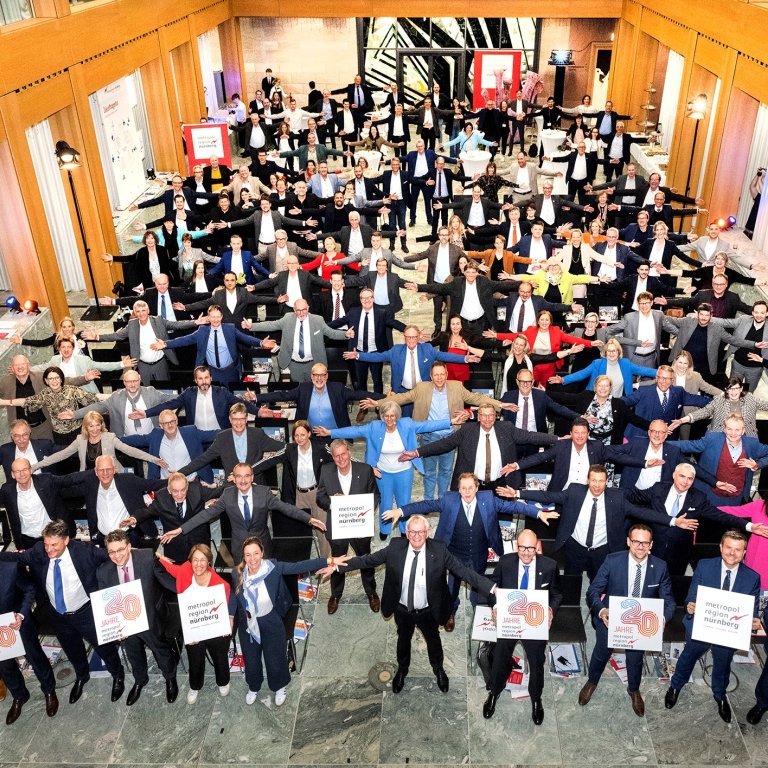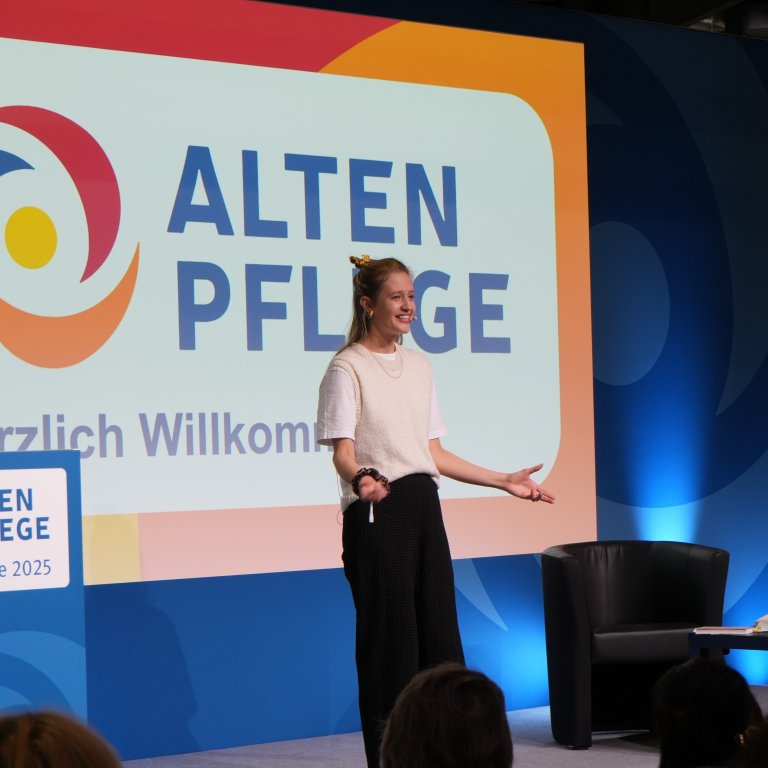

Three questions to Prof. Dr. Dr. Eric Hilgendorf, Scientific Director of Net.Law.S
Digitalization makes it possible: Vehicles move as if by magic. Robots take care of production processes on their own, apps monitor people's health, drones transport packages - autonomous machines will be part of our future.
But what actually happens when something happens? If health data is hacked and misused? When a self-driving vehicle causes a personal injury accident? When the mind of artificial intelligence fails? Who is liable? Who bears the responsibility? What is the current state of the law?
These and many other questions will occupy us again and again in the coming years. Answers are sparse at the moment. Net.Law.S - Conference for Law, Society and Industry in the Digital World closes this gap.
In our short interview, Prof. Dr. Dr. Eric Hilgendorf outlines the challenges surrounding digitalisation and the associated jurisdiction. Prof. Dr. Dr. Hilgendorf heads the RobotLaw Research Unit at JMU Würzburg and holds the Chair of Criminal Law, Criminal Procedure Law, Legal Theory, Information Law and Legal Informatics. Hilgendorf is also the scientific director of the Net.Law.S Conference for Law, Society & Industry in the Digital World, which will take place for the second time in February at the Nuremberg exhibition center.
Prof. Dr. Dr. Hilgendorf, what do you think is special about Net.Law.S, Conference for Law, Society and Industry in the Digital World?
"Net.Law.S is the only event that specifically brings together lawyers with decision-makers, economists and technicians at a high level to tackle the digital revolution. It's about networking key players, identifying common challenges and developing viable solutions."
The actors you mentioned often speak their own language. How can understanding succeed?
"This is indeed a major challenge. However, the rapidly advancing digitalisation of our living and working environments presents us with problems that can only be solved in an interdisciplinary manner. Above all, it's about consciously transcending the boundaries of one's own specialism and engaging with new perspectives."
In your opinion, what are currently the greatest challenges in the area of "digitalisation and law"?
"I consider the liability and data protection issues in connection with autonomous self-learning systems to be particularly difficult, but also relevant in practice. Net.Law.S will have to continue to focus on this in particular in the future."

Prof. Dr. Dr. Eric Hilgendorf is the academic director of Net.Law.S and holds the Chair of Criminal Law, Criminal Procedure Law, Legal Theory, Information Law and Legal Informatics at the University of Würzburg. His main areas of work include Internet criminal law, including the related law of data protection and provider liability. In 2010, Hilgendorf established the RobotRecht research unit , which deals with legal issues relating to networked autonomous systems, taking into account all areas of law. This includes in particular the topics of autonomy, automated driving, Industry 4.0, smart home, smart city and the relationship between man and machine. The ethical and socio-political issues associated with these topics are also reflected upon.



